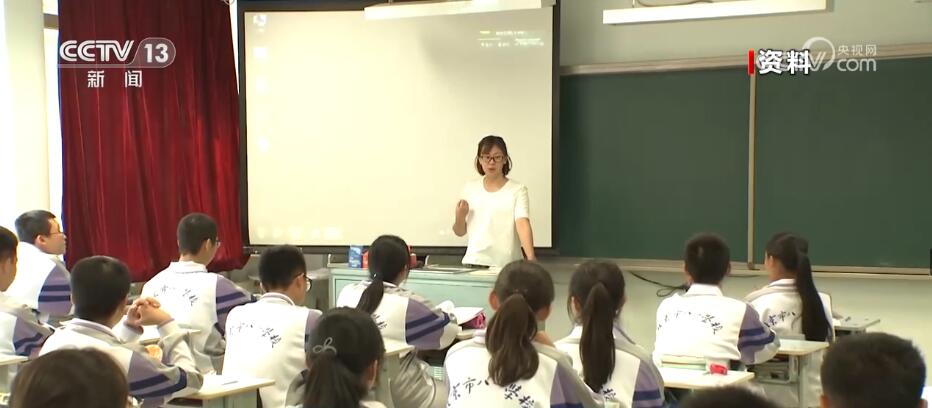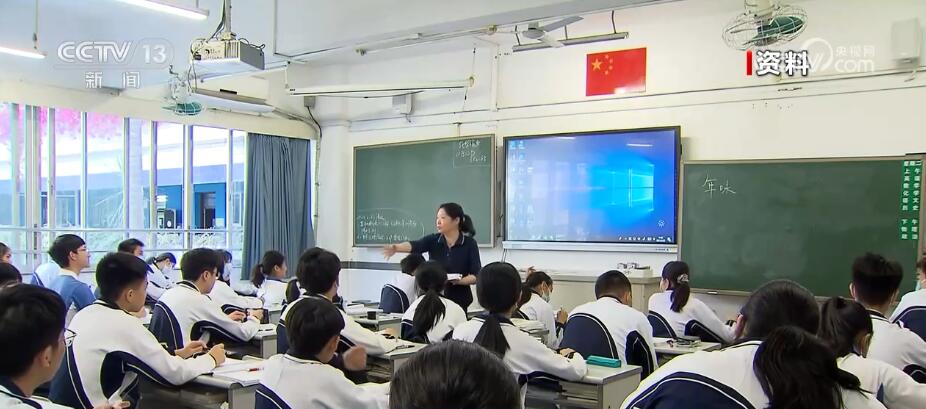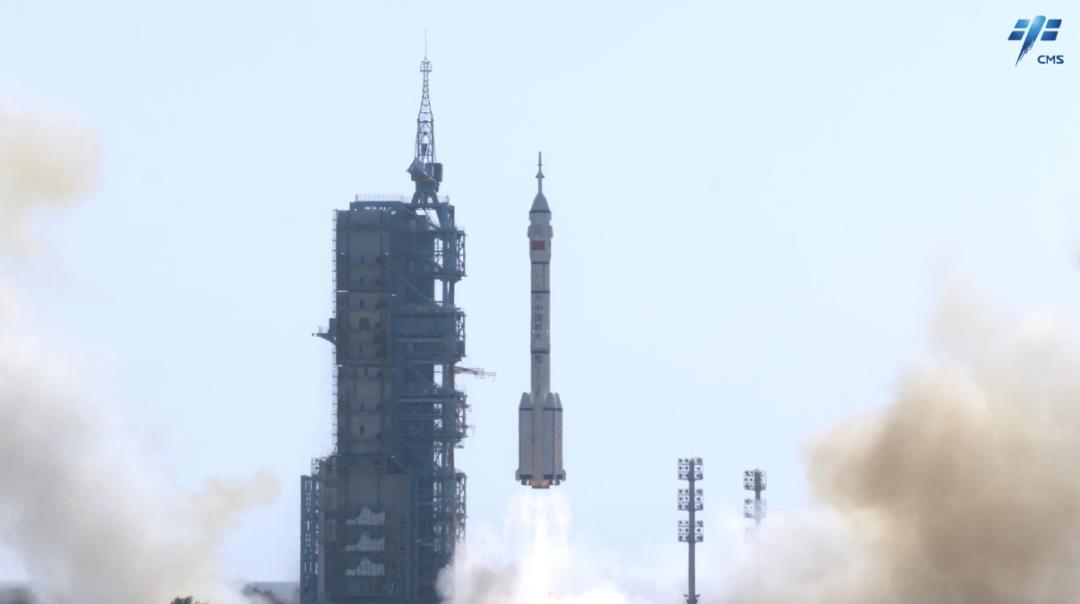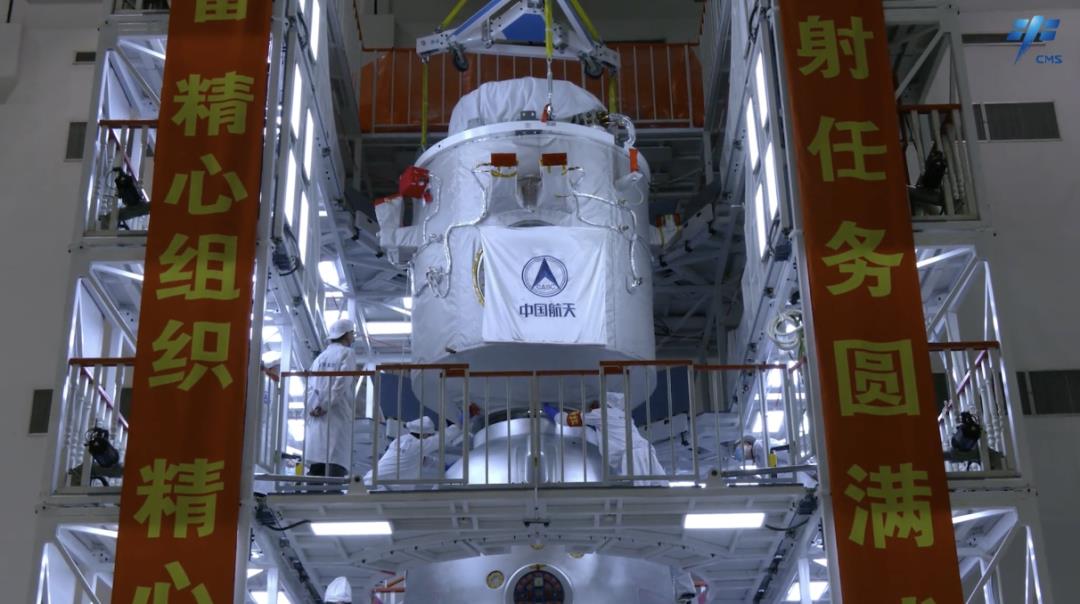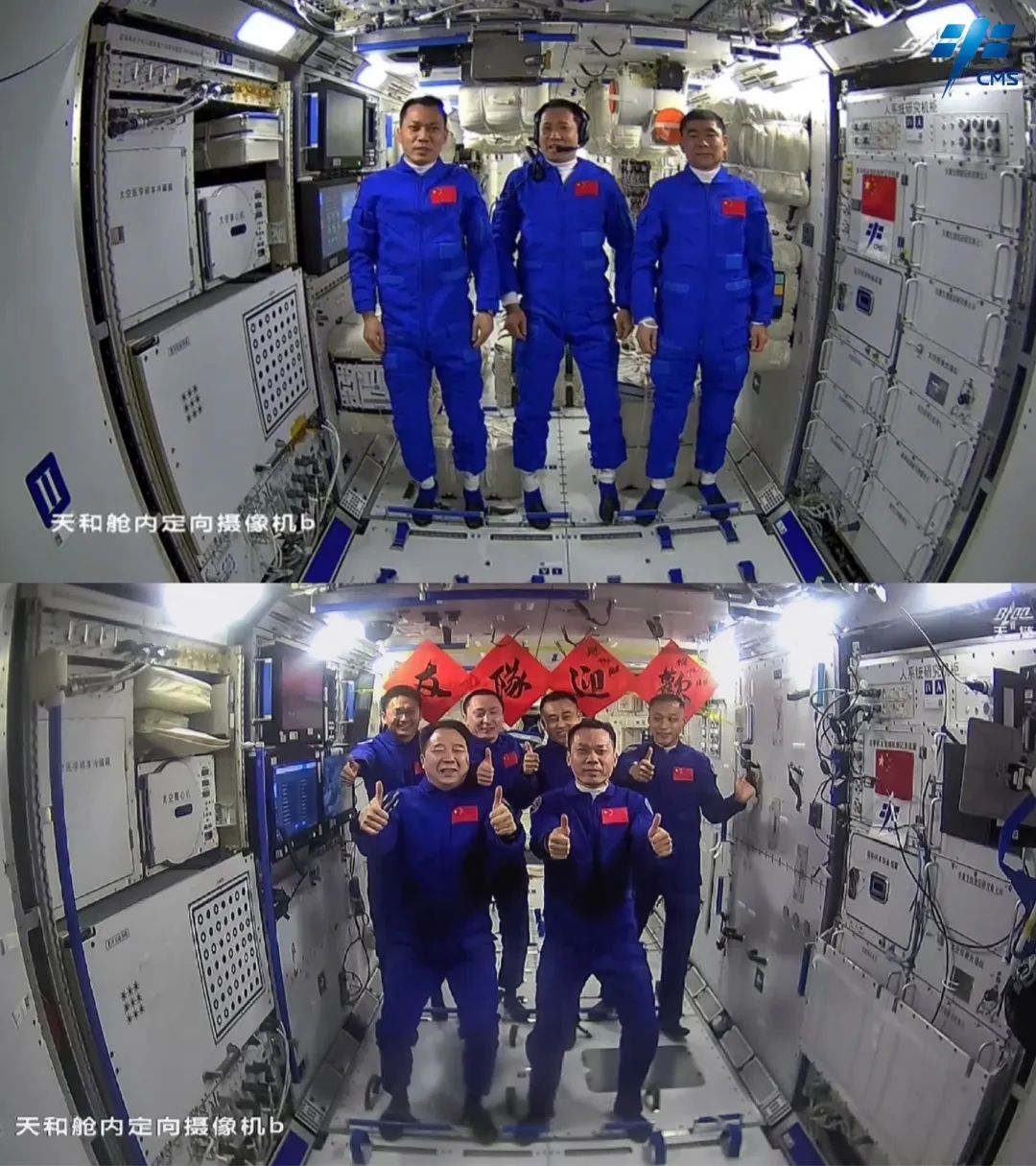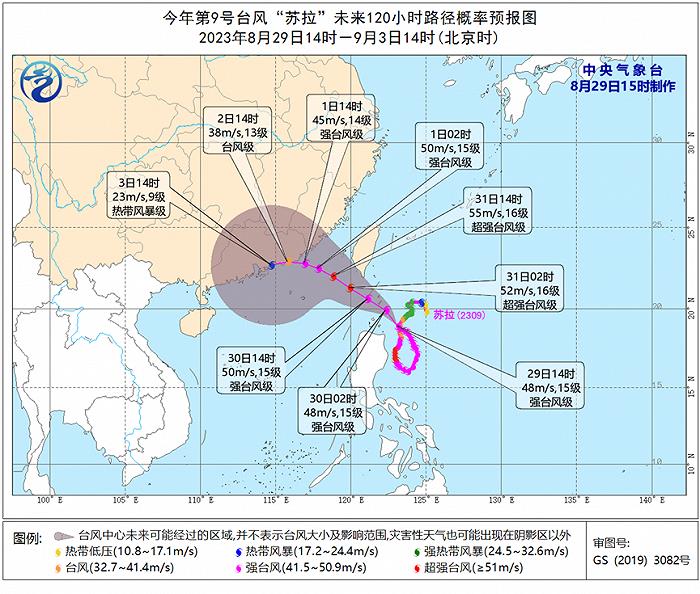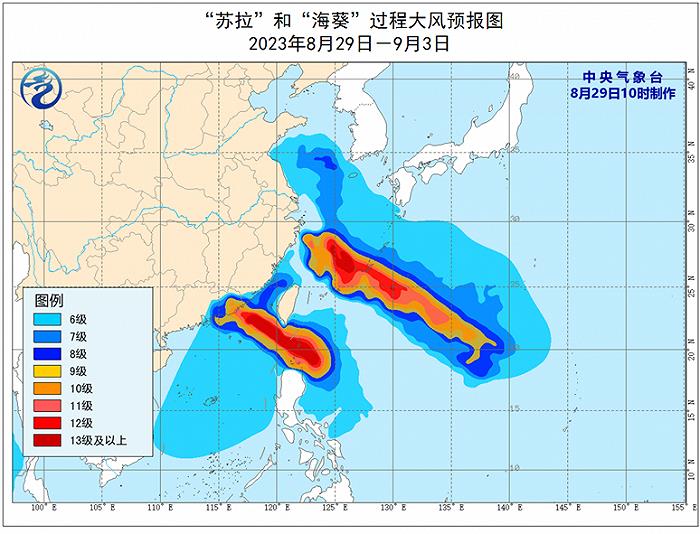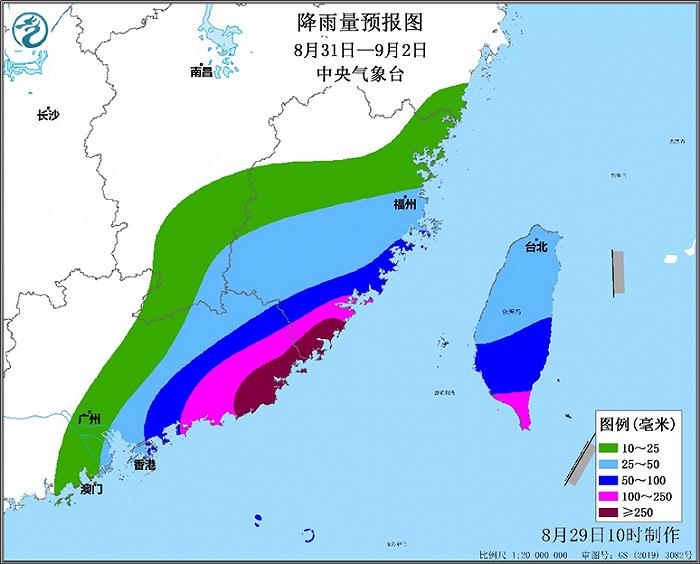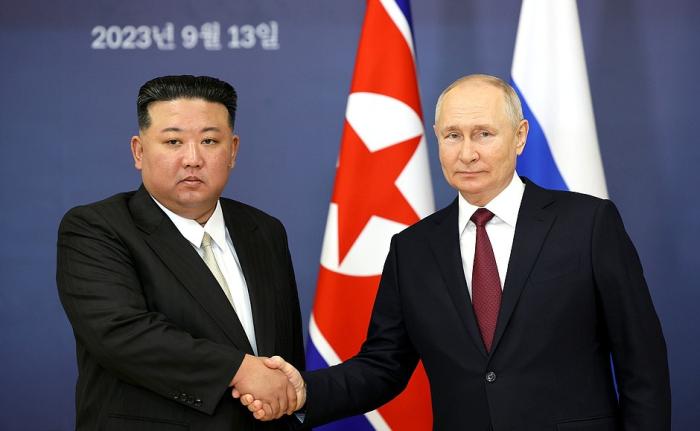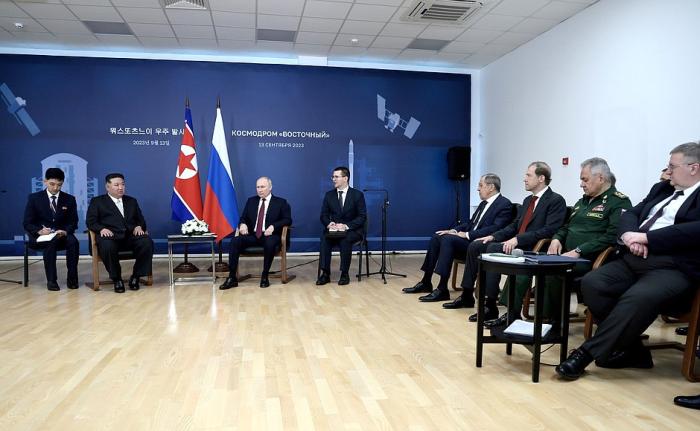The 13th Five-Year Plan of Competitive Sports: The national football team should perform well in the World Cup.
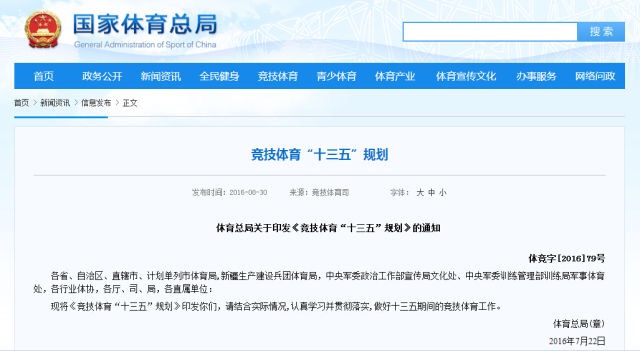
Xinhua News Agency, Beijing, August 31st (Reporter Zheng Xin) The State Sports General Administration recently announced the 13th Five-Year Plan for Competitive Sports (hereinafter referred to as the Plan). According to the Plan, during the Thirteenth Five-Year Plan period, China’s competitive sports will implement the Olympic glory plan, and the football reform should be taken as a breakthrough to improve the development level of the three major sports, and at the same time, the preparations for the Winter Olympics should be taken as an opportunity to promote the development of ice and snow sports.
The Plan reviews the development of competitive sports in China during the Twelfth Five-Year Plan period, and defines the main tasks during the Thirteenth Five-Year Plan period, including "continuing to implement the Outline of the Olympic Glory Plan (2011— "2020)", "Deepening reform, exploring the development path of professional sports with China characteristics", "Insisting on frugality and honesty, and successfully hosting various domestic and international competitions" and so on.

Among the policy measures, the Plan proposes to "take the football reform as the leading factor, strengthen the research and key support for the three major sports, such as football, basketball and volleyball", including "studying and formulating preferential policies for the three major sports in domestic competitions, talent exchange, the combination of sports and education, the reward mechanism and the construction of reserve talent bases" and "carrying out activities such as entering schools, communities and enterprises to attract the majority of young people. Go out, please come in ’ To learn from foreign advanced experience, improve the coaching level of coaches, and promote the rapid improvement of competitive level ",and" to improve the three major game systems, actively develop and cultivate the competition market of this project, improve the marketization and socialization level of this project, and improve the creative ability of project market value ".
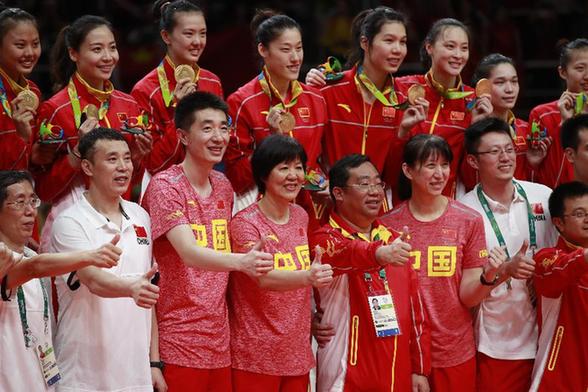
The column of "Three Big Ball Development Action Plan" has defined the following goals: In terms of football, men’s and women’s football teams have performed well in major international events such as the World Cup, the Asian Cup and the Olympic Games; In terms of basketball, men’s and women’s basketball teams ensure Olympic qualification, maintain a leading level in Asia, narrow the gap with the world’s advanced level, and establish more than 30 basketball key reserve talent training bases to host the 2019 Men’s Basketball World Cup; In terms of volleyball, China women’s volleyball team maintains its leading position in Asia and the advanced level in the world, while China men’s volleyball team gradually narrows the gap with the world’s top teams and strives to qualify for the 2020 Olympic Games.

In addition, the Plan also proposes to take the opportunity of organizing the 24th Winter Olympics in Beijing in 2022 to vigorously promote the development of ice and snow sports. During the "Thirteenth Five-Year Plan" period, the preparations for the Winter Olympics should adhere to the concept of "green hosting, shared hosting, open hosting and clean hosting", strengthen the training of various professionals in winter sports, realize the obvious improvement of the comprehensive strength and competitiveness of winter sports, improve the level of competition organization, and comprehensively train soldiers and lay a good foundation for the successful hosting of the 2022 Winter Olympics.
